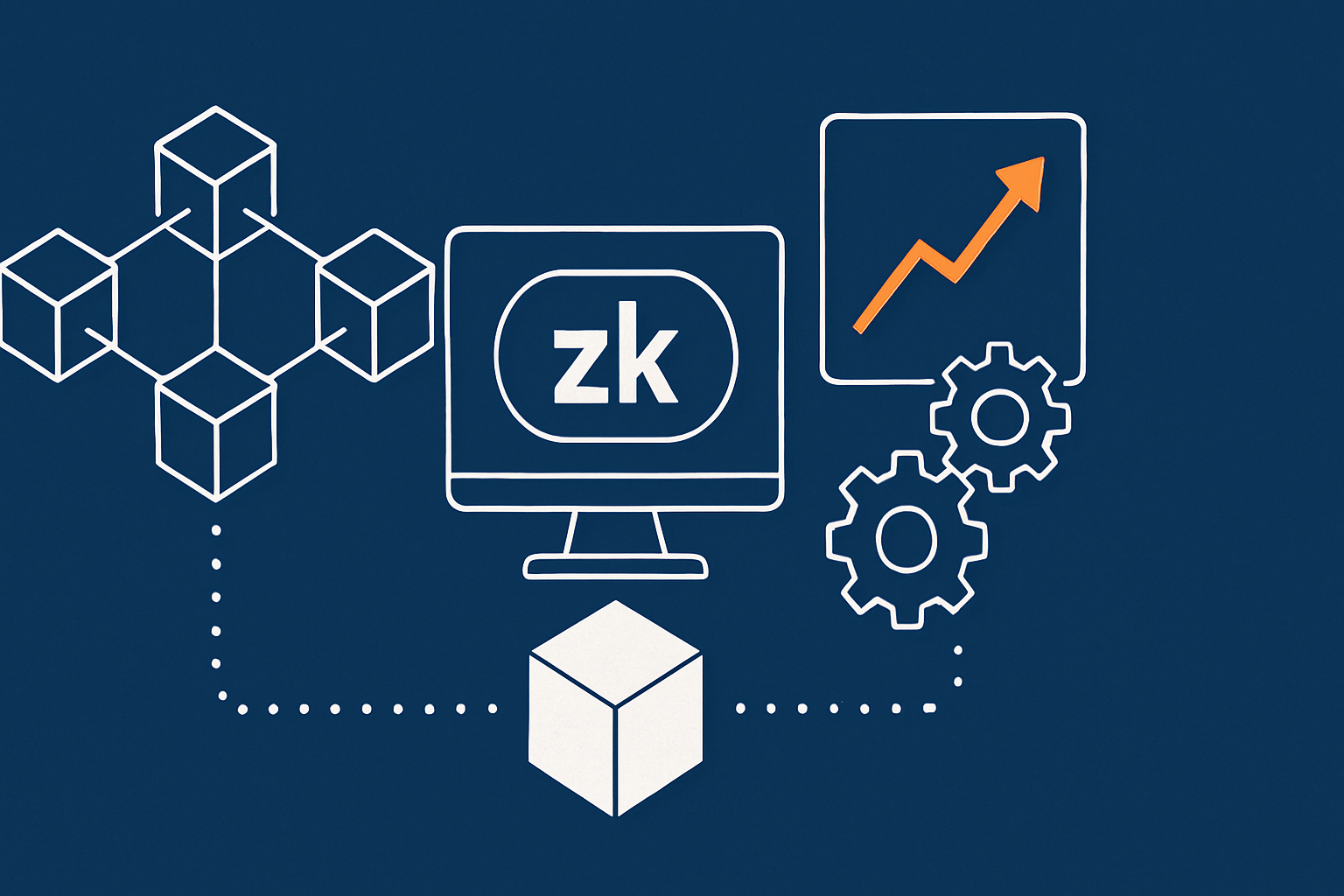
The evolution of blockchain technology has been a tale of innovation, disruption, and promise. Yet, despite its revolutionary potential, mainstream adoption has been hindered by persistent challenges—chief among them being scalability, transaction speed, and network congestion. Ethereum, one of the most widely used blockchains, has faced severe throughput bottlenecks that result in slow confirmation times and high gas fees during peak demand. For businesses and developers, these limitations present a serious barrier to scaling applications to a global audience. This is where zero-knowledge rollups, or ZK rollups, enter the picture as a game-changing solution that addresses scalability without compromising on decentralization or security. ZK Rollup development is now at the heart of blockchain’s journey toward mass adoption.
Understanding ZK Rollups: A Brief Primer
ZK rollups are a type of Layer 2 scaling solution that bundle or “roll up” multiple transactions into a single batch before posting them on-chain. What sets them apart is their use of zero-knowledge proofs—cryptographic proofs that verify the validity of transactions without revealing their details. Once a rollup batch is processed, only the proof is submitted to the main Ethereum chain, dramatically reducing the amount of data that needs to be stored and verified on-chain. This results in higher throughput, lower transaction costs, and increased efficiency. ZK rollups operate under a trustless system where the correctness of off-chain transactions can be mathematically verified on-chain, ensuring both scalability and security.
The Promise of Scalability Without Compromise
One of the most significant contributions ZK rollups make toward mass blockchain adoption is scalability. Traditional Layer 1 blockchains like Ethereum can process roughly 15–30 transactions per second (TPS), which is grossly insufficient for global-scale applications like financial trading platforms, gaming ecosystems, or enterprise resource systems. ZK rollups, however, are capable of processing thousands of TPS by moving computation and storage off-chain. This enables applications to scale without incurring astronomical gas fees or compromising on user experience. By significantly reducing latency and congestion, ZK rollups make it feasible to onboard millions of users without disrupting the network's performance.
Lowering Transaction Costs to Drive User Growth
Gas fees are a notorious entry barrier for blockchain users. During periods of high demand, fees on Ethereum can skyrocket, making even simple transactions prohibitively expensive for average users. For developers and enterprises building decentralized applications (dApps), this is a critical challenge that limits usability and user retention. ZK rollup development directly addresses this issue by reducing the data published on-chain, which in turn minimizes gas fees. As transaction costs become negligible, a broader range of users can participate in blockchain ecosystems, from microtransaction-based games to cross-border payments. By removing the cost barrier, ZK rollups open the door for adoption in emerging markets and mainstream financial services.
Enabling Enterprise-Grade Blockchain Use Cases
Enterprises have long shown interest in blockchain for applications such as supply chain management, identity verification, and secure data sharing. However, they have often been deterred by the limitations of existing public blockchains, particularly around scalability, compliance, and privacy. ZK rollup development offers a tailored solution for these issues. With ZK rollups, businesses can execute thousands of operations while only publishing minimal data to the main chain, thereby achieving the throughput needed for enterprise-scale applications. Furthermore, zero-knowledge proofs inherently support privacy, allowing enterprises to maintain confidentiality without compromising auditability. This makes ZK rollups a cornerstone for enabling business adoption of blockchain across sectors like healthcare, finance, logistics, and government.
Powering the Next Generation of DeFi
Decentralized finance (DeFi) has gained tremendous momentum, but its growth has been hindered by network congestion and high transaction fees, especially during peak activity periods. ZK rollups offer a highly efficient infrastructure for DeFi protocols, enabling them to handle more users, transactions, and smart contract interactions at a fraction of the cost. This scalability allows DeFi platforms to support real-time trading, automated market making, and lending protocols without compromising performance. Moreover, the security guarantees of ZK proofs ensure that funds and transactions remain verifiable and tamper-proof. By providing the infrastructure necessary for scalable, secure, and fast financial services, ZK rollup development is instrumental in bringing decentralized finance to the masses.
Enhancing User Experience Through Speed and Finality
One of the least talked about but most crucial factors in driving adoption is user experience. New users coming from traditional Web2 platforms expect interfaces that are fast, smooth, and intuitive. ZK rollups contribute directly to an improved user experience by offering near-instant transaction finality and extremely low latency. Unlike Optimistic Rollups, which require a dispute period that can delay transaction confirmation by several days, ZK rollups finalize transactions almost immediately thanks to their use of cryptographic proofs. This instant finality enables developers to build applications that feel responsive and reliable—essential qualities for mass adoption, particularly in sectors like gaming, social media, and ecommerce.
Driving Innovation in Privacy-Preserving Applications
As data privacy becomes a growing concern in the digital world, blockchain must evolve to offer solutions that protect user identity and sensitive data without compromising transparency. ZK rollups provide a perfect balance by enabling private transactions that are still publicly verifiable. This makes them ideal for use cases such as private voting, confidential DeFi transactions, identity verification, and healthcare data sharing. By allowing users to retain control over their data, ZK rollups foster trust and compliance, especially in regulated industries. As more users and businesses demand privacy alongside decentralization, ZK rollup development becomes pivotal in extending blockchain's reach into new use cases.
Bridging the Gap Between Web2 and Web3
A major hurdle for mass adoption is the disconnect between Web2 familiarity and Web3 complexity. For blockchain to achieve mainstream status, it must integrate seamlessly with existing digital infrastructure while abstracting away its complexities for end users. ZK rollups, especially when paired with account abstraction and smart wallets, allow developers to create intuitive onboarding flows that resemble traditional applications. Users can interact with dApps without needing to understand gas fees, wallets, or seed phrases. This ability to bridge the usability gap between Web2 and Web3 is crucial for onboarding billions of users who expect seamless digital experiences. ZK rollup-powered applications can offer exactly that.
Fueling Cross-Chain Interoperability and Ecosystem Growth
Interoperability between different blockchain networks is essential for building a unified Web3 ecosystem. ZK rollups are playing an increasingly important role in enabling secure and scalable bridges across chains. By generating verifiable proofs, ZK rollups can facilitate trustless communication between blockchains, allowing assets and data to flow seamlessly across ecosystems. This creates a more connected blockchain environment where users and developers can interact with multiple networks without friction. As ecosystem interoperability improves, it removes the silo effect currently plaguing blockchain adoption and encourages more robust, multi-chain applications to emerge.
The Role of ZK Rollup-as-a-Service (ZKRaaS) in Accelerating Adoption
To truly achieve mass adoption, developers and startups must have easy access to infrastructure that enables ZK rollup integration without having to build everything from scratch. This has given rise to ZK Rollup-as-a-Service (ZKRaaS) platforms, which provide modular, customizable, and enterprise-ready rollup stacks. These platforms offer tools for deploying, managing, and scaling ZK rollups, reducing time-to-market and allowing projects to focus on innovation rather than infrastructure. With ZKRaaS, even non-technical founders can launch high-performance applications that benefit from the scalability, privacy, and efficiency of ZK rollups, thus democratizing access to advanced blockchain capabilities.
Ethereum's Roadmap and the Rise of ZK Technology
Ethereum, the leading smart contract platform, has committed to ZK technology as a cornerstone of its scalability roadmap. Vitalik Buterin and the Ethereum Foundation have expressed strong support for ZK rollups as the long-term solution for Layer 2 scaling. This endorsement has led to a surge in funding, research, and ecosystem development focused on ZK-powered solutions. Projects like zkSync, StarkNet, Polygon zkEVM, and Scroll are pioneering the ZK rollup space, attracting both developers and capital. As Ethereum matures into a more scalable and secure base layer, ZK rollups are positioned to become the default environment for dApp deployment, further accelerating global blockchain adoption.
Conclusion:
ZK rollup development is not merely a technical improvement—it represents a fundamental shift in how blockchain infrastructure can scale to meet global demand. By addressing core limitations around scalability, transaction costs, privacy, and user experience, ZK rollups enable blockchain applications to become fast, cost-effective, and widely usable. Whether in DeFi, gaming, enterprise, or public services, the capabilities unlocked by ZK rollups pave the way for real-world blockchain integration. As tooling matures and ZKRaaS platforms proliferate, the barriers to entry continue to fall, ushering in a new era where blockchain technology can finally deliver on its promise of decentralized, inclusive, and trustless systems for all. Mass adoption is no longer a distant vision—it is being actively realized, powered by the silent strength of zero-knowledge rollups.

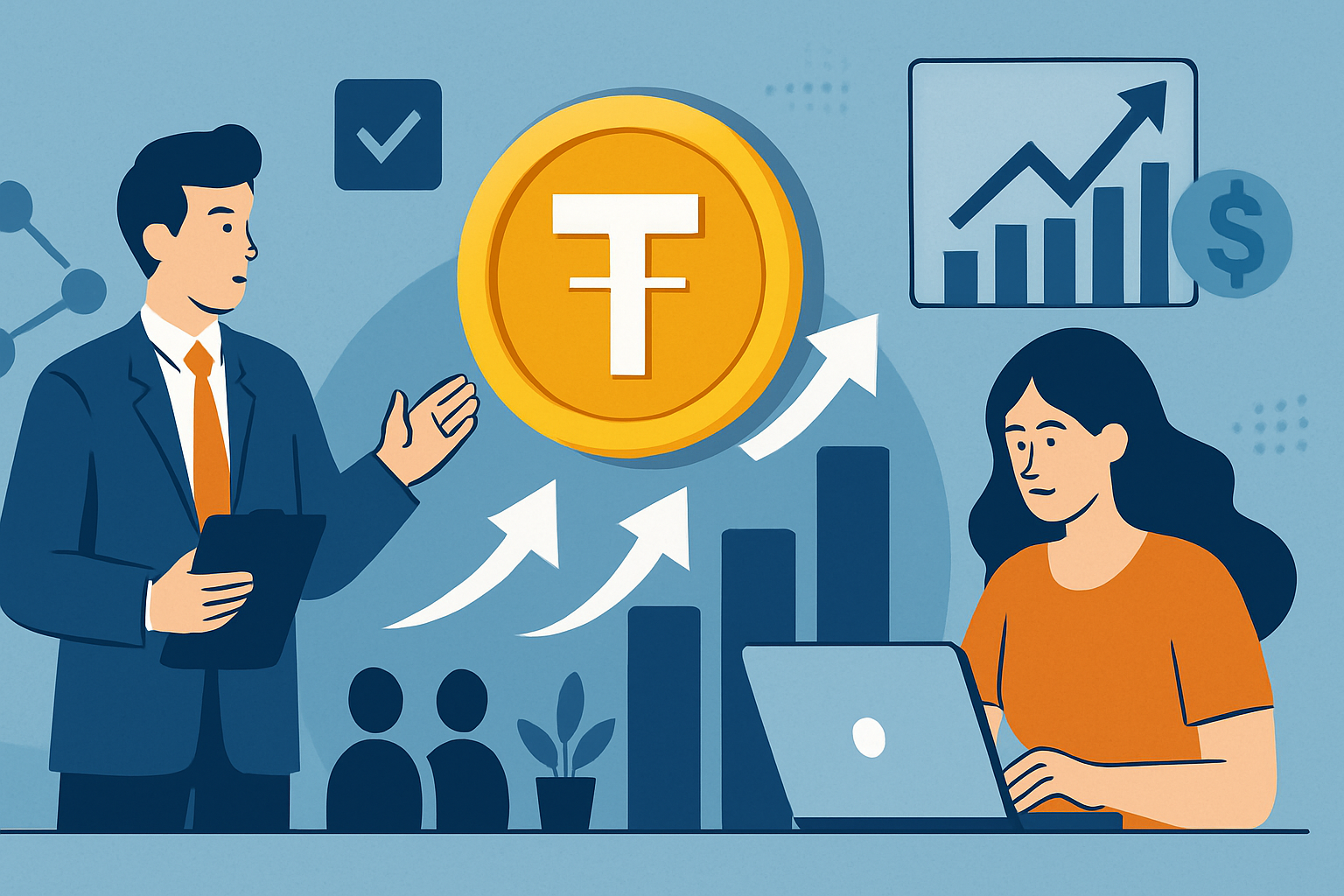
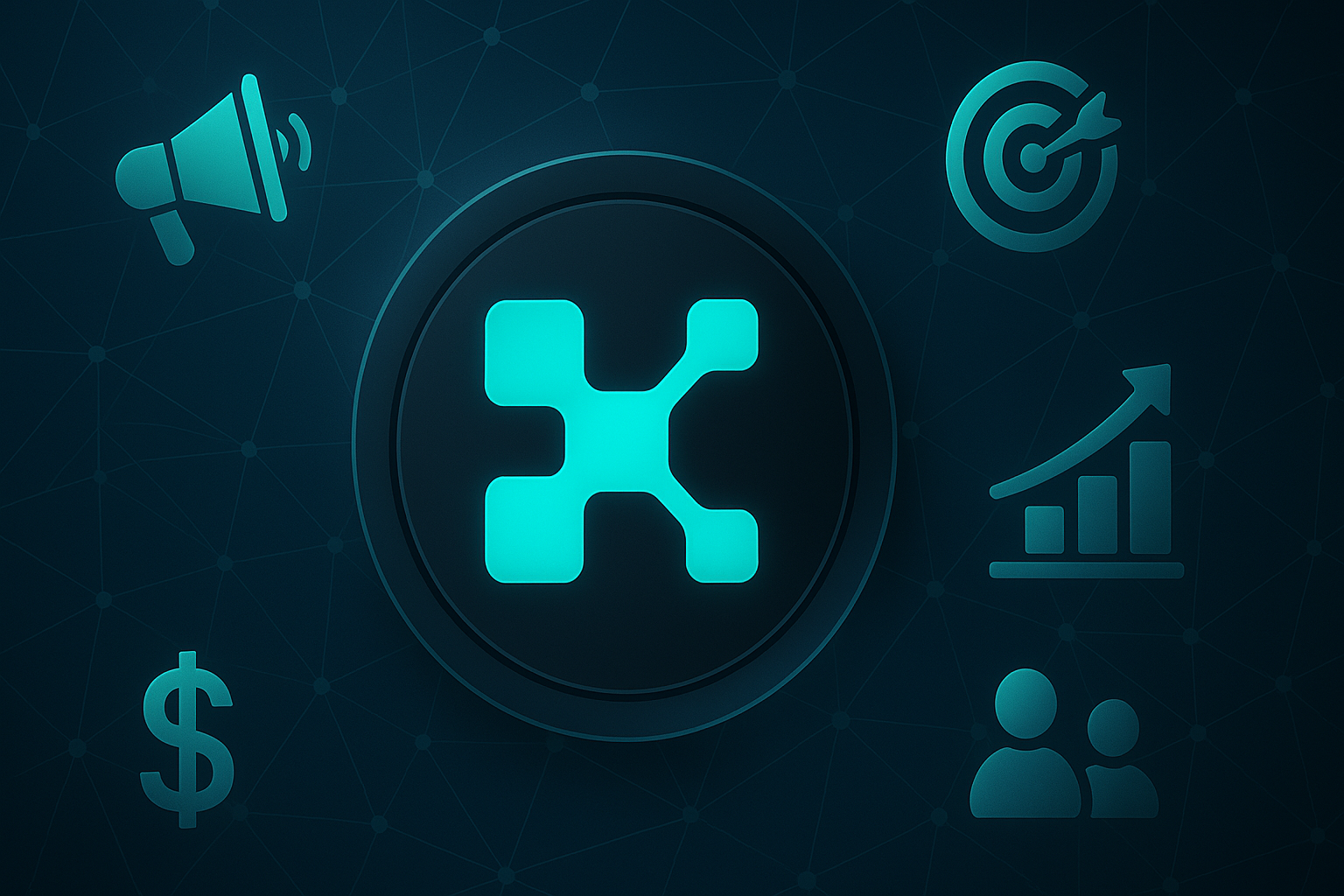


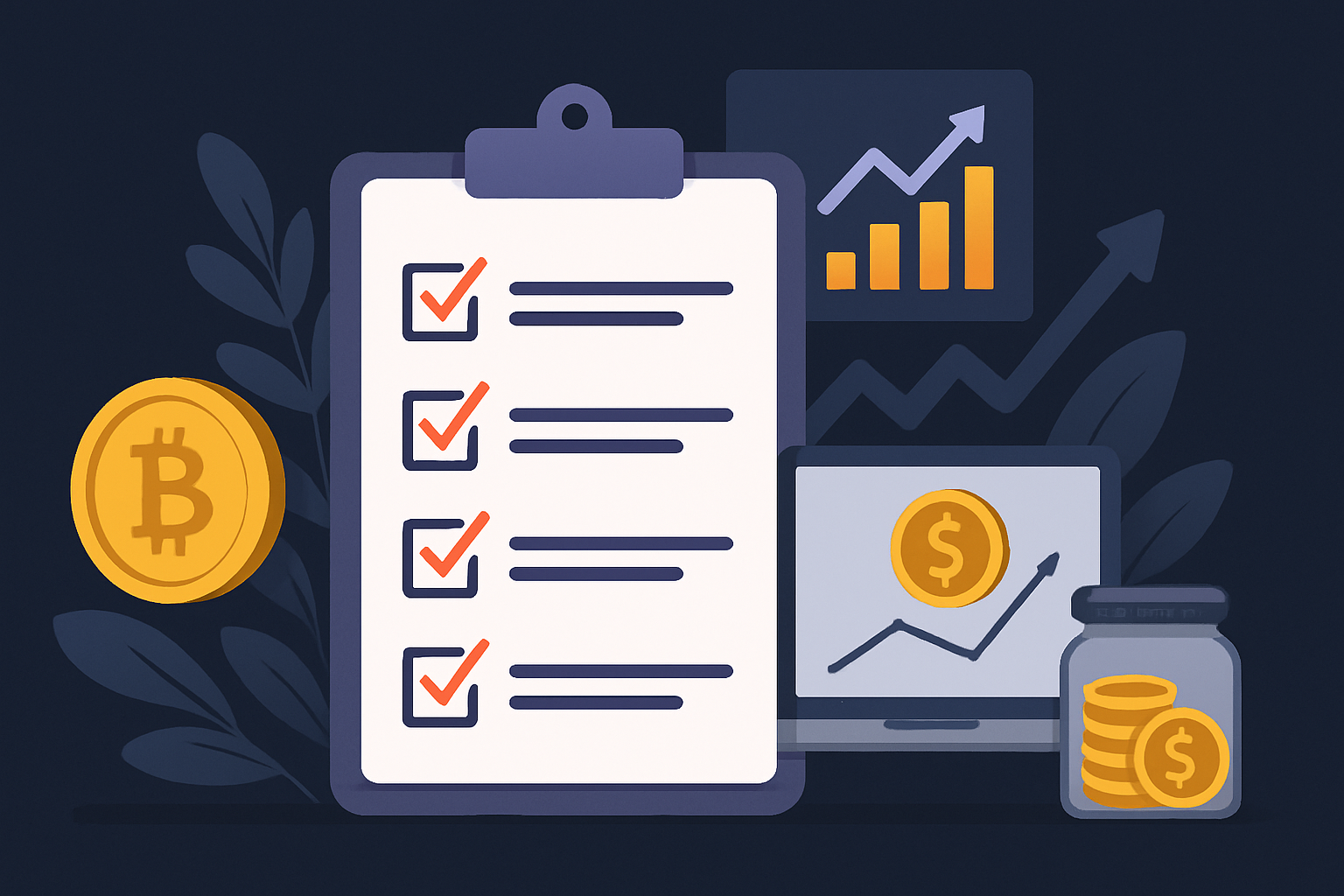
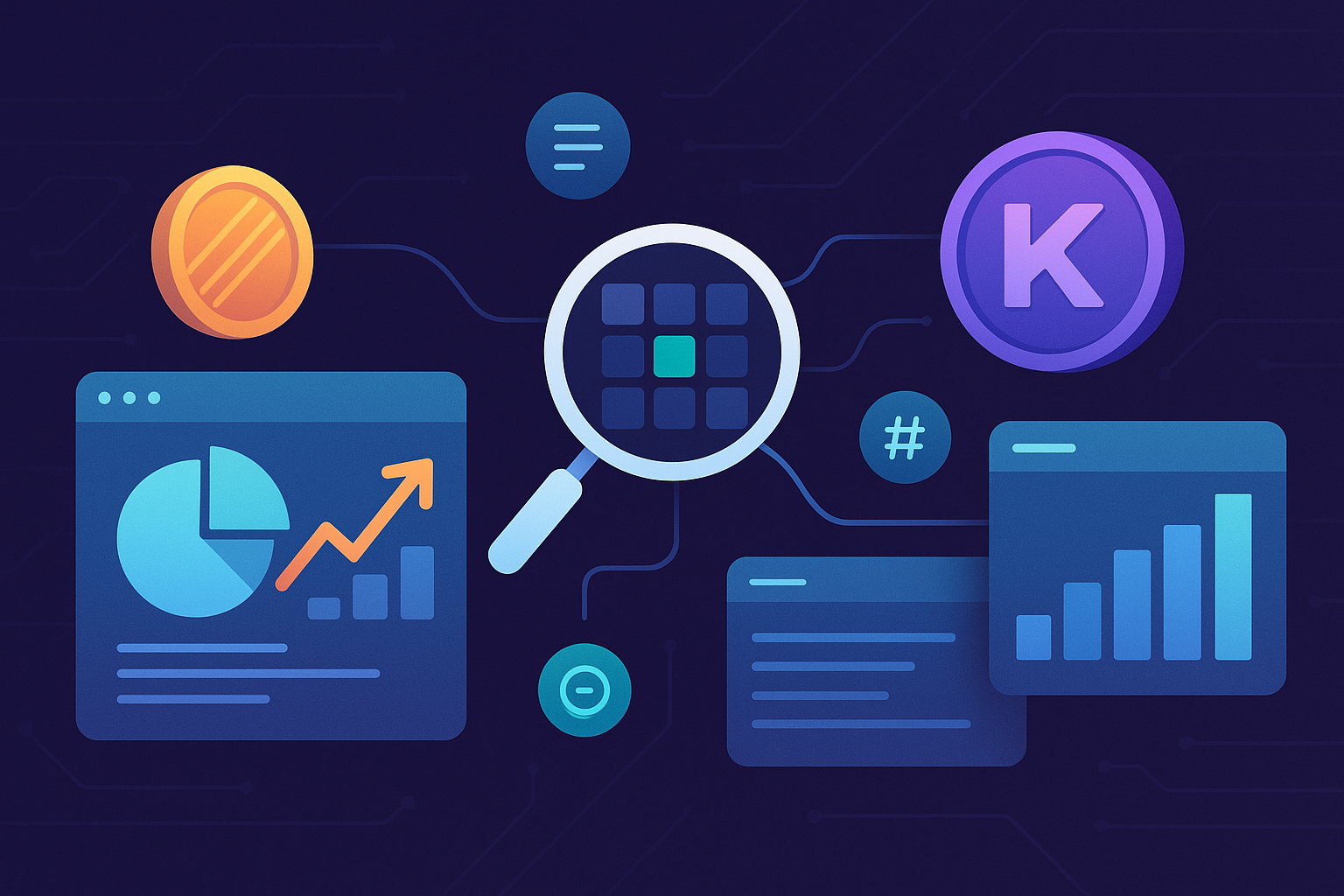













Write a comment ...